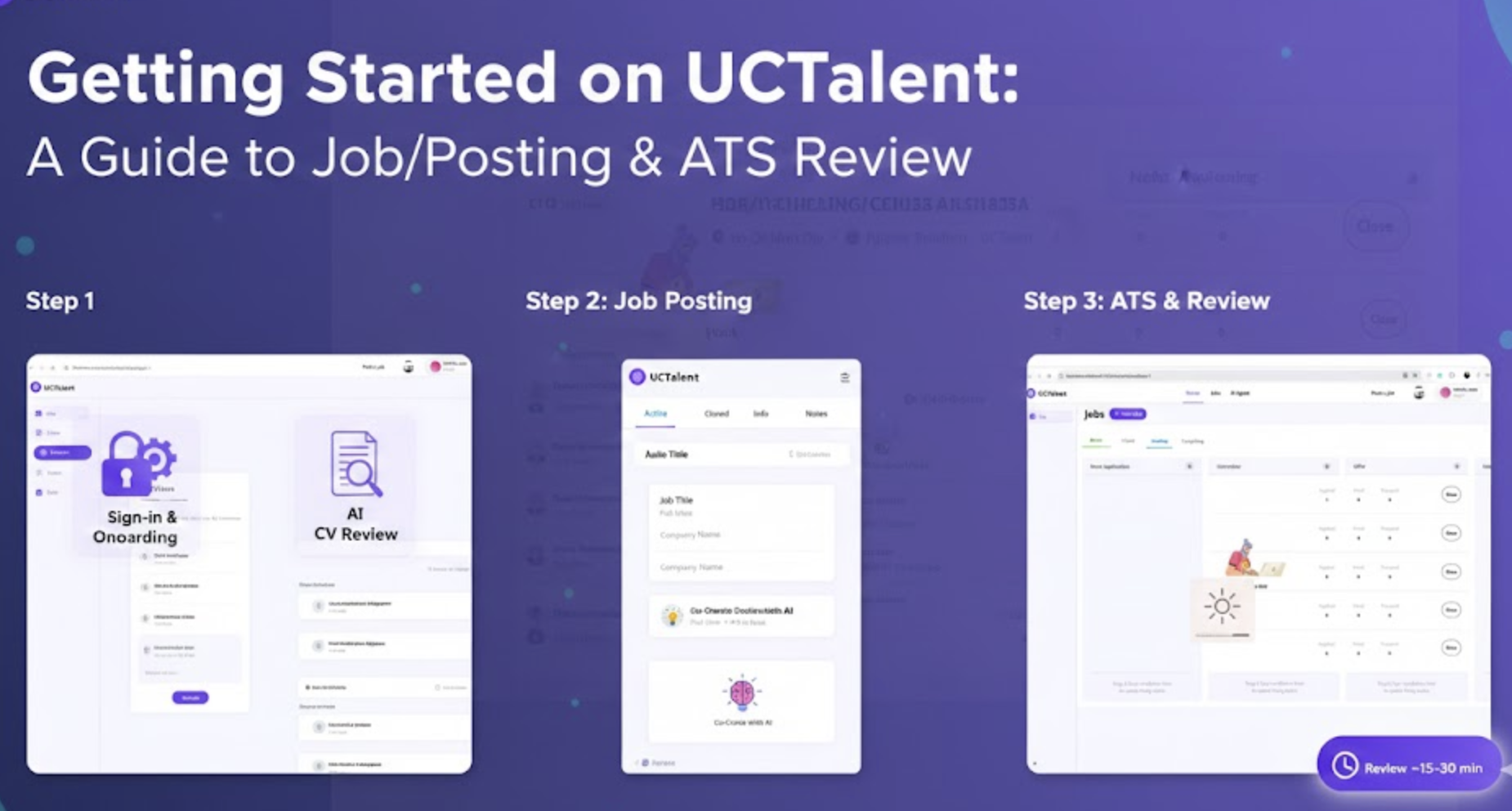Get to Know Blockchain: A Beginner's Guide
In recent years, blockchain technology has gained significant attention for its potential to revolutionize various industries. Originally developed as the underlying technology for Bitcoin, blockchain's applications have since expanded far beyond cryptocurrencies. But what exactly is blockchain, and why is it considered so transformative? This article aims to demystify blockchain for beginners, explaining its core concepts, functionality, and potential uses.
What is Blockchain?
At its core, a blockchain is a distributed network, which can be used as a digital ledger as well as a mechanism that enables the secure transfer of assets without a central authority. This technology ensures that once data is recorded, it cannot be altered retroactively, thus providing a high level of security and transparency. The term "blockchain" comes from its structure, where individual records, called blocks, are linked together in a single list, called a chain.
Each block contains:
- Data: This could be any information, such as transaction details, timestamps, and more.
- Hash: A unique identifier for the block, akin to a digital fingerprint.
- Hash of the Previous Block: This links the blocks together, ensuring they are in the correct order.
How Does Blockchain Work?
Blockchain operates on a peer-to-peer (P2P) network, where each participant (node) has a copy of the entire blockchain. When a new transaction occurs, it is broadcast to the network, and nodes validate the transaction through a consensus mechanism. Once validated, the transaction is added to a new block, which is then appended to the blockchain.
The process involves several key steps:
- Transaction Initiation: A transaction is requested, typically involving digital assets or information.
- Block Creation: The transaction is bundled with others into a block.
- Broadcasting: The block is broadcast to all nodes in the network.
- Validation: Nodes verify the transaction using a consensus mechanism (e.g., Proof of Work, Proof of Stake).
- Block Addition: Once validated, the block is added to the blockchain, becoming a permanent part of the ledger.

Advantages of Blockchain
- Decentralization: Unlike traditional centralized databases, blockchain is maintained by a distributed network, reducing the risk of a single point of failure.
- Transparency: Transactions on the blockchain are transparent and can be audited by anyone, enhancing trust.
- Security: The immutability of blockchain records makes it highly secure against fraud and tampering.
- Efficiency: Blockchain can streamline processes, reduce intermediaries, and lower transaction costs.
Applications of Blockchain
While blockchain's most well-known application is in cryptocurrencies like Bitcoin and Ethereum, its potential uses are vast and varied:
- Finance: Blockchain can facilitate faster, cheaper, and more secure financial transactions. It can also enable smart contracts, which are self-executing contracts with the terms of the agreement directly written into code.
- Supply Chain Management: By providing a transparent and immutable record of the supply chain, blockchain can enhance traceability, reduce fraud, and improve efficiency.
- Healthcare: Blockchain can secure patient records, ensuring privacy and enabling accurate and timely access to medical history.
- Voting: Blockchain-based voting systems can increase transparency and reduce fraud, ensuring fair and secure elections.
- Real Estate: Blockchain can simplify property transactions by providing a clear and immutable record of ownership.

Future of Blockchain
The future of blockchain is promising, with ongoing research and development aimed at overcoming its current limitations. Innovations such as sharding, layer 2 solutions, and more efficient consensus mechanisms are being explored to improve scalability and reduce energy consumption. Additionally, the integration of blockchain with other emerging technologies like artificial intelligence (AI) and the Internet of Things (IoT) could unlock even more possibilities.
Conclusion
Blockchain technology, though still in its early stages, holds immense potential to transform various sectors by providing a secure, transparent, and efficient way to record and transfer data. As understanding and adoption of blockchain continue to grow, it is poised to become a foundational technology for the digital age. For beginners, grasping the basic concepts of blockchain is the first step towards appreciating its potential impact on our world.
If you want to know more interesting information about technology as well as interesting job opportunities, follow UCTalent's website now!







.png)




